Pregnancy Symptoms & Feelings
FAQs
Every pregnancy is unique, but there are some common experiences you can expect. These include physical changes like a growing belly, feeling your baby move, and hormonal changes that can affect nearly every organ system in your body.
Some common physical symptoms during pregnancy include morning sickness, fatigue, and back pain. As your body adjusts to the growing baby, you may also experience frequent urination, constipation, and heartburn. Your breasts may become tender or swollen as they prepare for breastfeeding.
Many women also experience emotional changes during pregnancy. Hormonal fluctuations can cause mood swings, irritability, and even anxiety or depression in some cases. It is important to communicate openly with your healthcare provider about any concerns or changes in your mental health during pregnancy.
TL;DR: What you can expect when you’re expecting can vary, but thankfully, there are a lot of accounts from women who have been pregnant and given birth that can help you understand what’s normal, along with the guidance of your healthcare provider.
In the first trimester, you might feel tired and experience morning sickness. By the second trimester, you’ll likely feel more energetic, and you’ll start to see your belly grow. In the third trimester, your growing baby might leave you feeling a bit uncomfortable, and you might feel eager, excited, or anxious as your due date approaches.
Typically, expectant mothers begin to show between 12 and 16 weeks, but everyone is different.
Your baby’s appearance will change dramatically throughout pregnancy, starting as a tiny speck and growing into a fully formed baby! Your healthcare provider can give you more specific updates based on your stage of pregnancy.
Around the middle of your pregnancy, you’ll likely start feeling your baby move. At first, these movements might feel like little flutters, but they’ll become more pronounced over time. Every baby is different, but if you notice a significant decrease in movement, reach out to your healthcare provider.
Pregnancy symptoms often start around six weeks, including missed periods, nausea, tiredness, and breast tenderness, but they can start earlier or later.
Early pregnancy can feel different for everyone. Some people feel tired and nauseous, while others feel energized and radiant.
Morning sickness, which can actually occur at any time of the day, typically starts around the sixth week of pregnancy and tends to fade at the end of the first trimester.
While morning sickness can’t be “cured,” there are many ways to manage the symptoms, including eating small, frequent meals, avoiding foods and smells that trigger nausea, and staying hydrated. If you are struggling with excessive or extended morning sickness, reach out to your doctor for support.
Most people find their morning sickness starts to ease up around the 12th to 14th week of pregnancy.
Everyone’s different, but some ginger, vitamin B6, acupressure bands, or even sniffing a fresh lemon can help. Always check with your healthcare provider before trying a new remedy.
Some people just luck out and don’t have much morning sickness. It can be different for everyone, and every pregnancy is unique.
Weight gain varies for every person and depends on factors, including your pre-pregnancy weight. Your healthcare provider can give you personalized guidance on how much weight is healthy for you to gain during pregnancy.
Absolutely, as long as your healthcare provider gives the thumbs up. Exercise can help you feel your best during pregnancy and even prep your body to make postpartum recovery a little easier.
Try sleeping on your side, using pillows for support, maintaining a regular sleep schedule, and creating a calm, quiet sleep environment.
Sleeping on your left side can improve circulation to your heart, which benefits both mom and baby. But don’t worry if you shift positions during sleep; you can always return to your left side when you wake up.
Pregnancy can be a workout! Hormonal changes, emotional stress, and physical discomfort can all lead to fatigue. It’s your body’s way of telling you to take it easy, so listen up and rest when you can.



